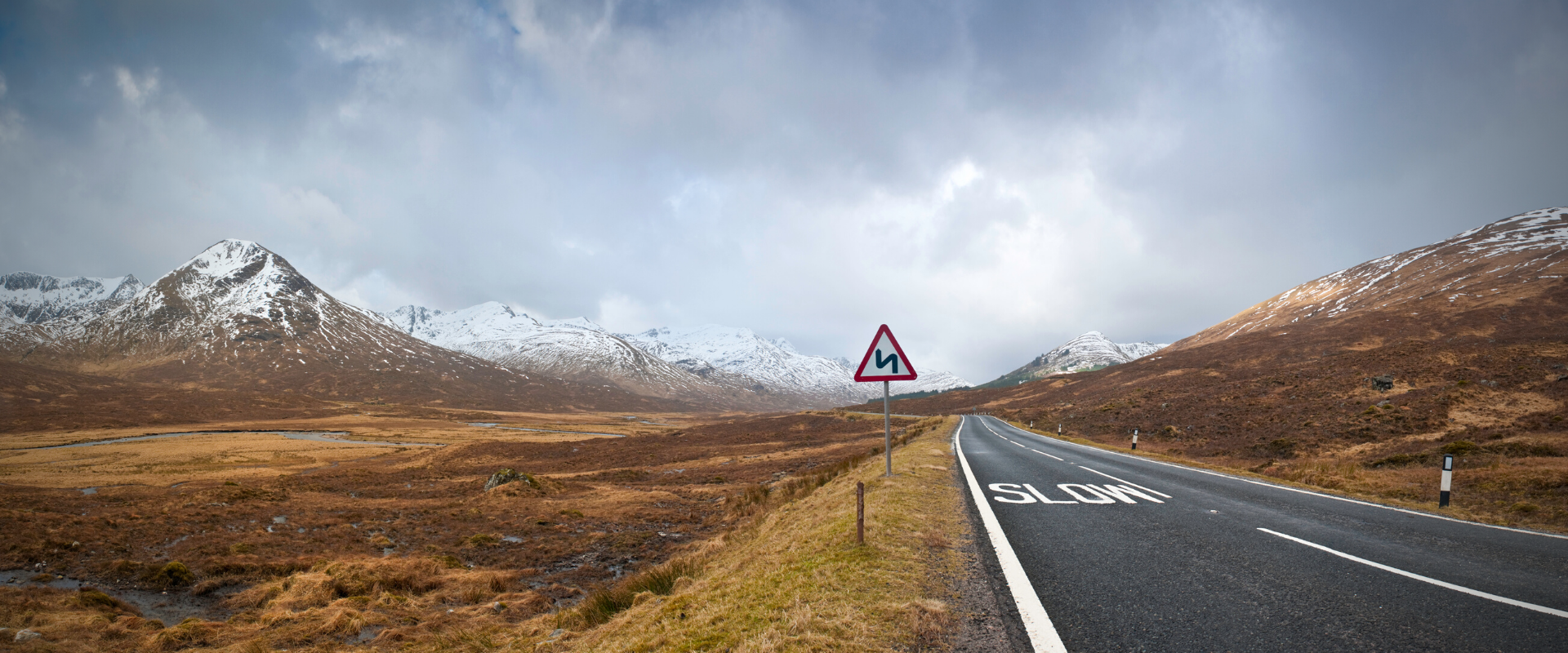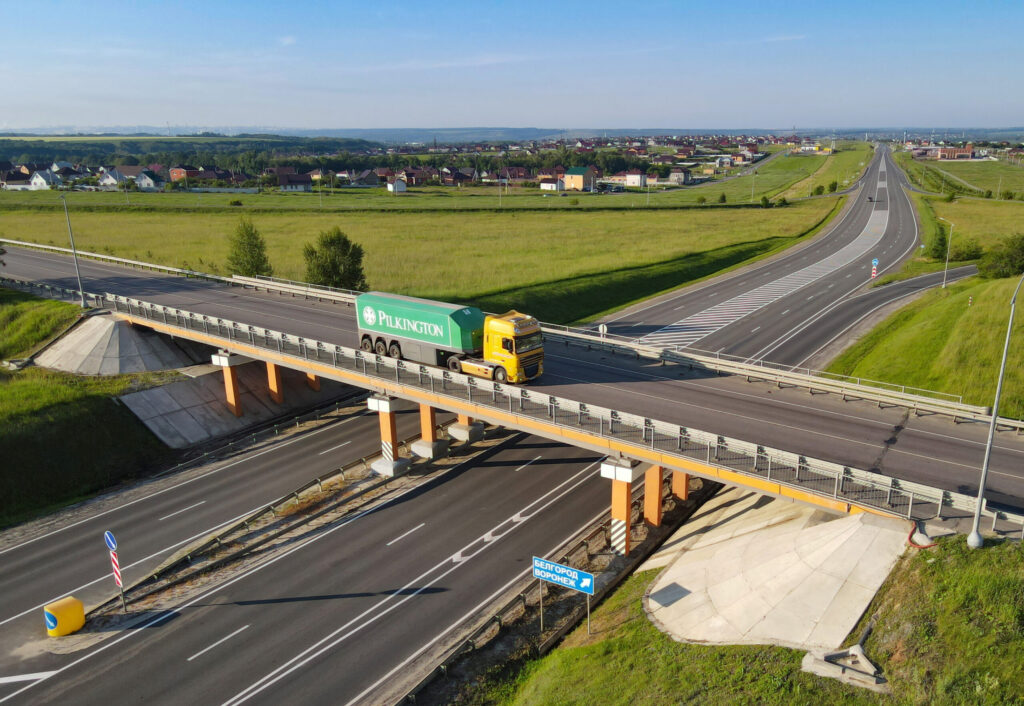
Pilkington's story of how they acquired VUE technology and how it has helped optimise their operations.
Read More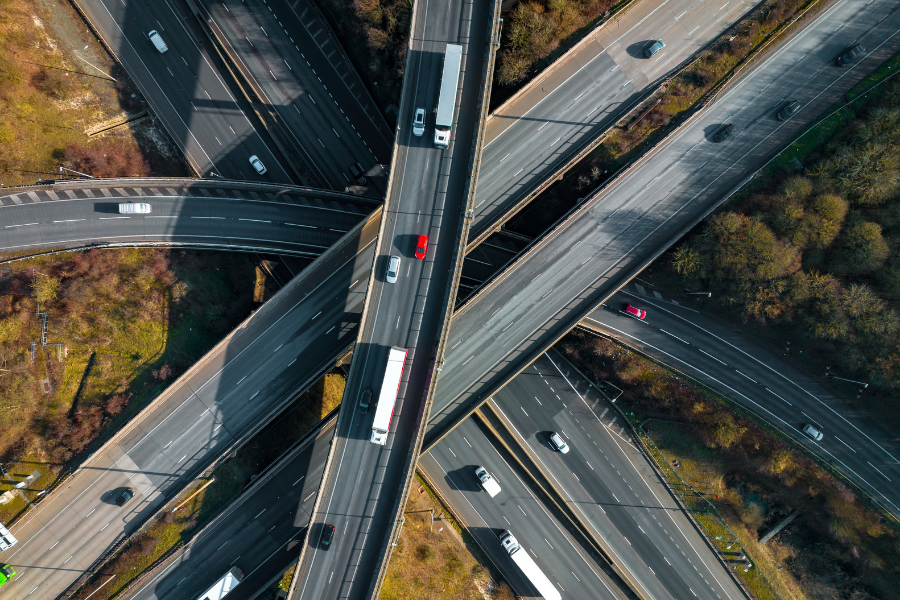
Safety technology will help your fleet satisfy important safety schemes such as the Direct Vision Standard, FORS and CLOCS. Our cameras give your drivers a clear view around their vehicles, which helps them see vulnerable road users such as pedestrians and cyclists when they navigate roads and left-hand junctions, lowering the risk of collisions and accidents. The technology is especially important for fleets who operate in crowded city centres and other busy areas such as construction sites, where the risk of collisions is even higher.
Vehicle CCTV increases driver vision around vehicles and eliminates dangerous blind spots, helping your drivers navigate roads safely and lowering the risk of accidents. Footage is recorded to DVRs which have integrated tracking and telematics for an all-in-one Video Telematics solution.
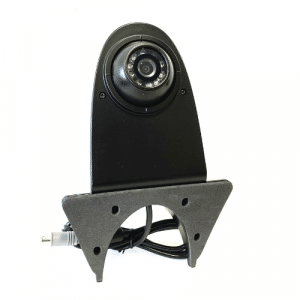
Provides an unobstructed rear view, giving drivers better visibility when reversing.
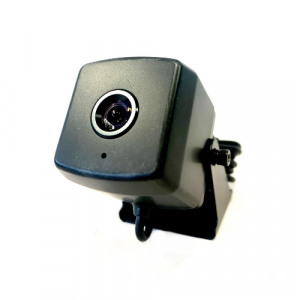
Ideal for any type of vehicle, these cameras are fitted internally, usually for in-cab monitoring.
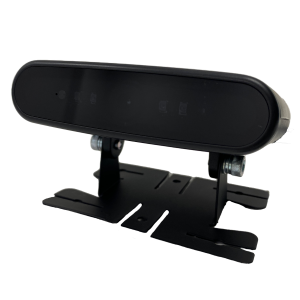
Using AI technology this driver camera, intelligently 'sees' the driver and alerts to distractions
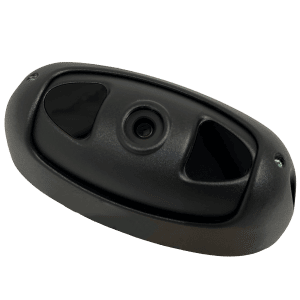
Using AI technology to intelligently detect when cyclists and pedestrians are in a danger zone around the vehicle.
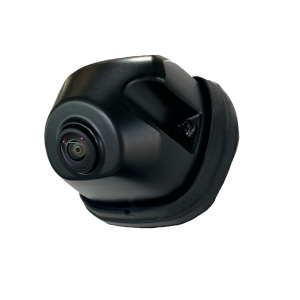
A new generation of camera system that uses AI technology to stitch together images from four cameras stationed around the vehicle
Proximity sensors detect obstacles around a vehicle and alert your drivers when they get too close to another object (such as another vehicle or pedestrian) when they turn left or right, or change lanes. This ensures that drivers are always alerted before they collide with another object, so they can take action and stop the collision.
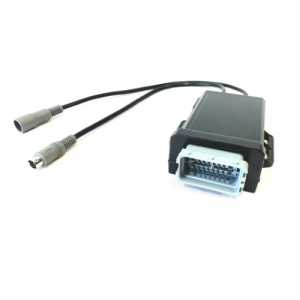
Reliable driving aid featuring six ultrasonic sensors to help detect any obstacles around a vehicle.
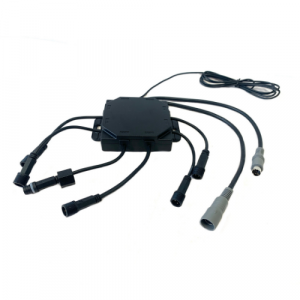
Reversing aid made up of four sensors fitted onto the rear of the vehicle, linked to audible alarms or cameras.
Vehicle alarms alert everyone in the vicinity when a vehicle is turning left or reversing, which ensures that pedestrians and cyclists stay clear of your vehicles and helps avoid dangerous accidents.
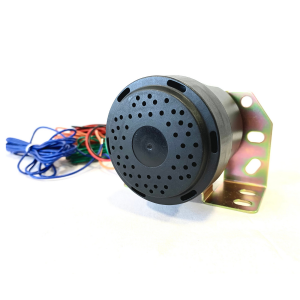
Alerts pedestrians and cyclists when a vehicle is turning left. Invaluable for large vehicles.
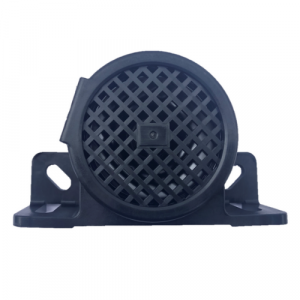
Emits a loud noise to alert anyone or anything behind that the vehicle is reversing.


Pilkington's story of how they acquired VUE technology and how it has helped optimise their operations.
Read More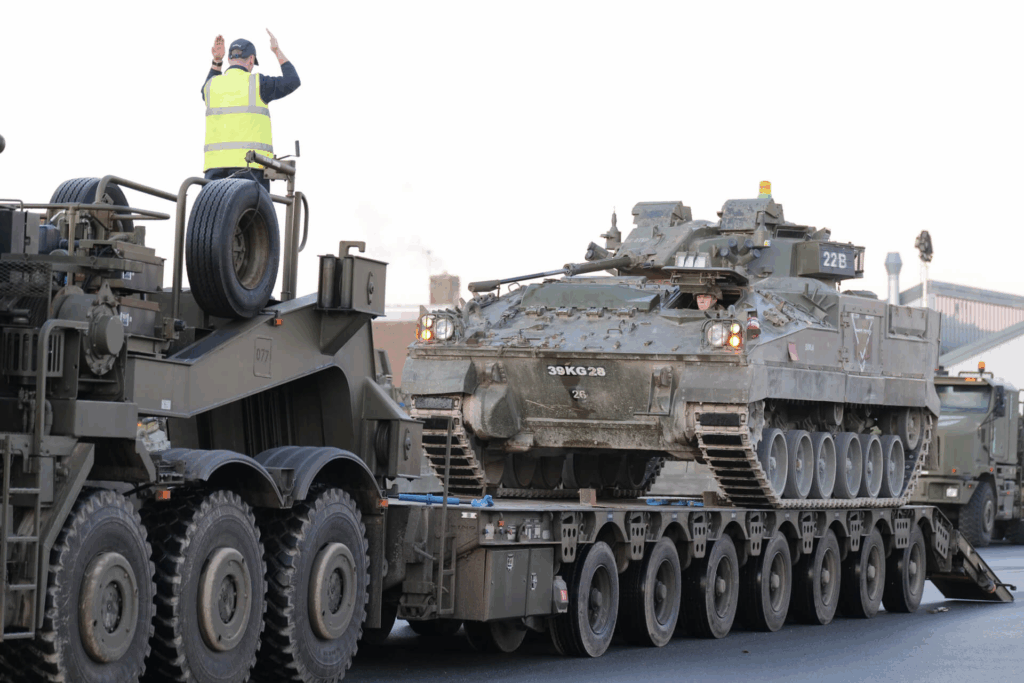
VUE develops camera and video telematics solution for the UK's Ministry of Defence Transporter fleet.
Read More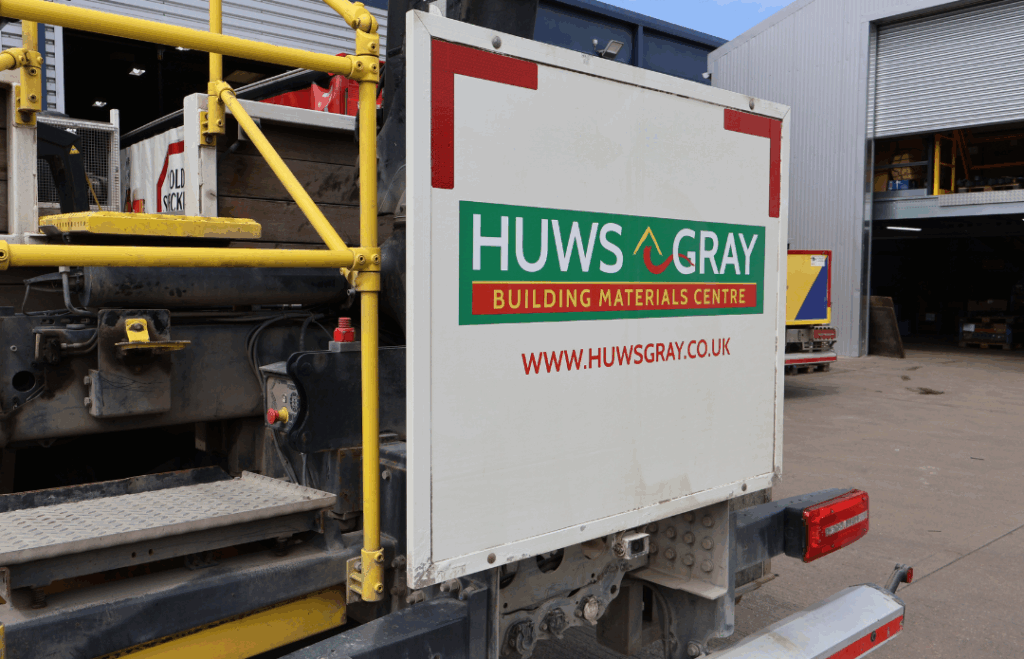
VUE's solutions helped Huws Gray, UK's leading independent builders merchant to reduce and defend claims and improve safety.
Read More